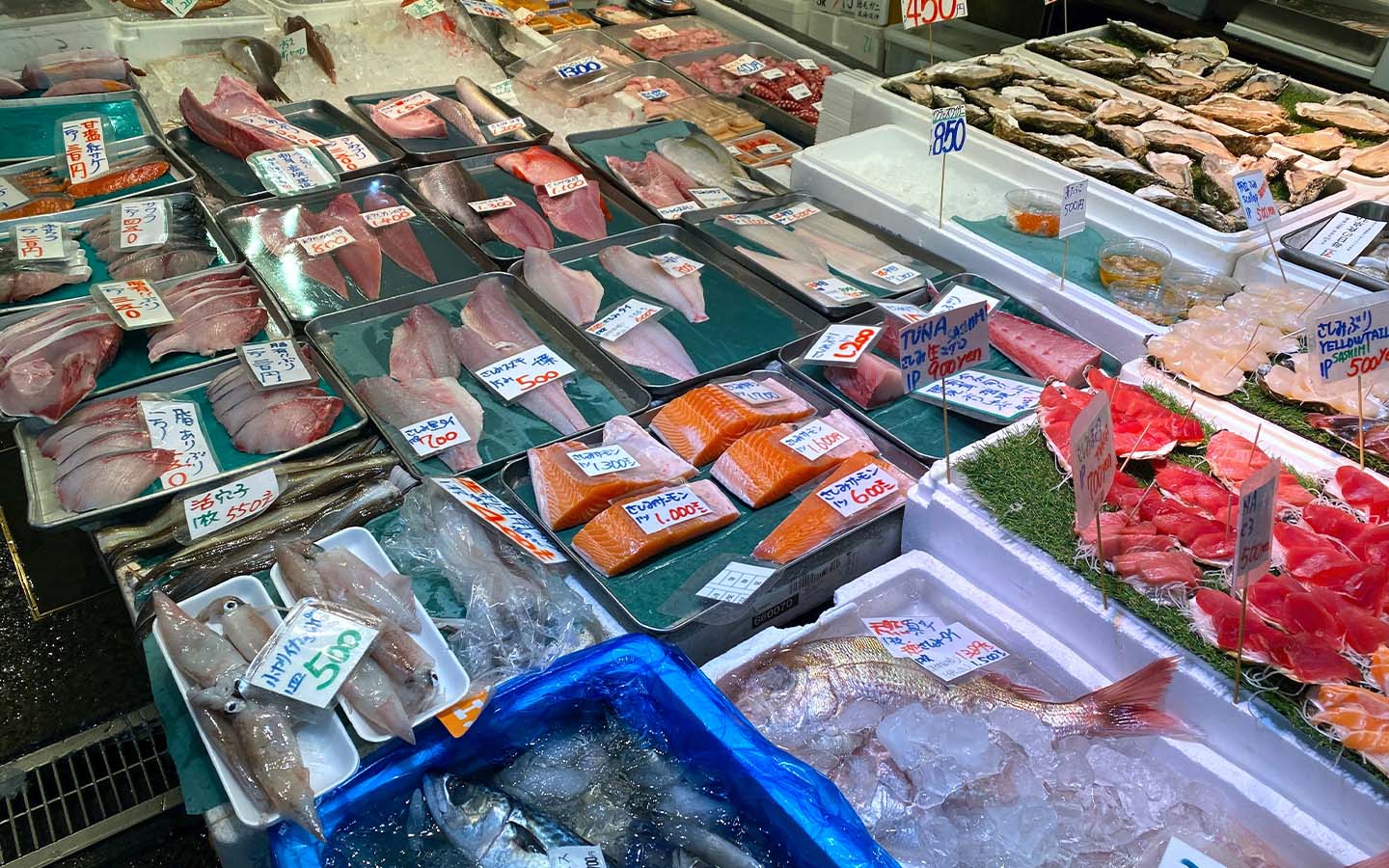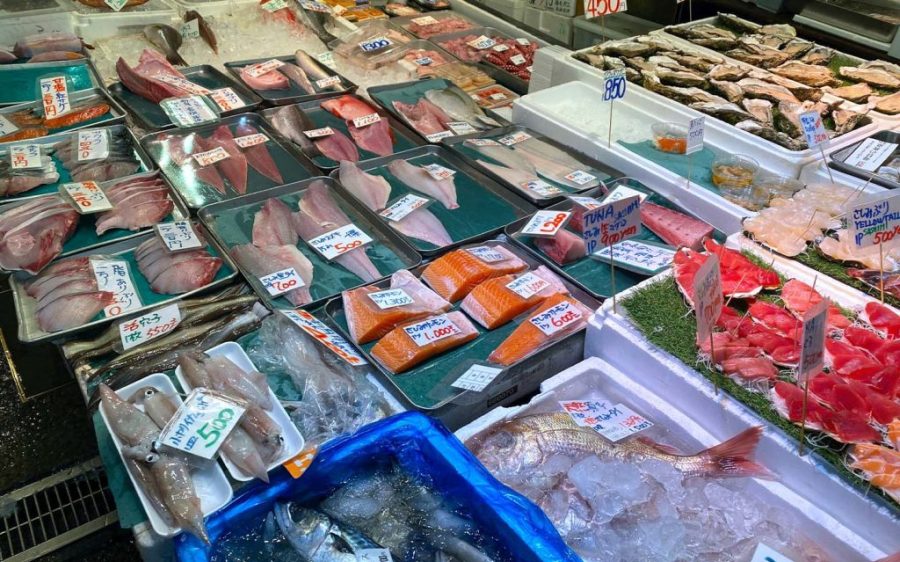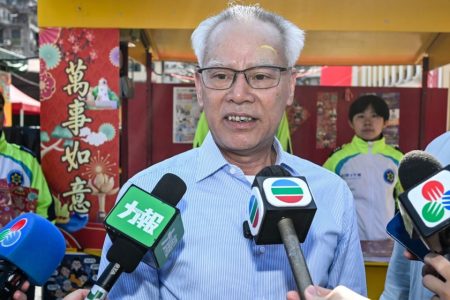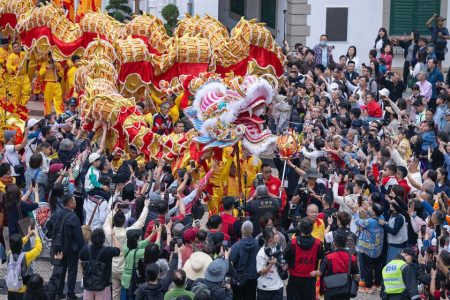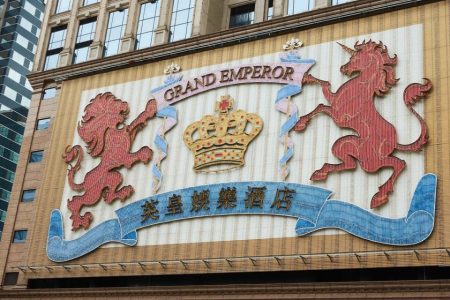The Macao government plans to continue its sweeping ban on Japanese food imports from 10 prefectures, the Municipal Affairs Bureau (known by its Portuguese acronym IAM) has told local media.
The ban was implemented last August, after Japan began discharging treated water from the crippled Fukushima nuclear plant into the ocean.
While the United Nations’ nuclear watchdog backed Japan’s decision and has said the mildly radioactive water in question met international safety standards, China took a tough stance on the move. Beijing has questioned whether it is possible to predict the long-term impact that offloading the Fukushima water will have.
In October, the G7 industrial powers called for the immediate repeal of bans on Japanese food imports – denouncing them as economic coercion, according to Reuters.
[See more: Macao’s ban on Japanese food imports: Your questions answered]
Continued tests on imported food products from Japanese prefectures that aren’t impacted by the ban have all shown normal results, according to IAM. However, since the discharge is set to continue for the next 30 years, the bureau said it had no plans to relax its restrictions.
After the ban was imposed, one Macao-based food importer slammed it as lacking logic. He pointed out that “neither fish nor the sea stay contained in specific areas,” making a prefecture-based ban potentially meaningless.
The ban reportedly hurt both importers and restaurants, at least in the short-term, as they struggled to switch suppliers and deal with local fears around food safety. The Macau Daily Times reports that the situation has since eased and the IAM maintains the ban has not had a major impact locally.
The ban is on a wide range of fresh and live food products including anything of animal origin (such as fish, dairy, meat, and eggs), sea salt and seaweed, and vegetables or fruit from prefectures deemed of high contamination risk. The areas are the Tokyo Metropolis, Fukushima, Chiba, Tochigi, Ibaraki, Gunma, Miyagi, Niigata, Nagano and Saitama.
